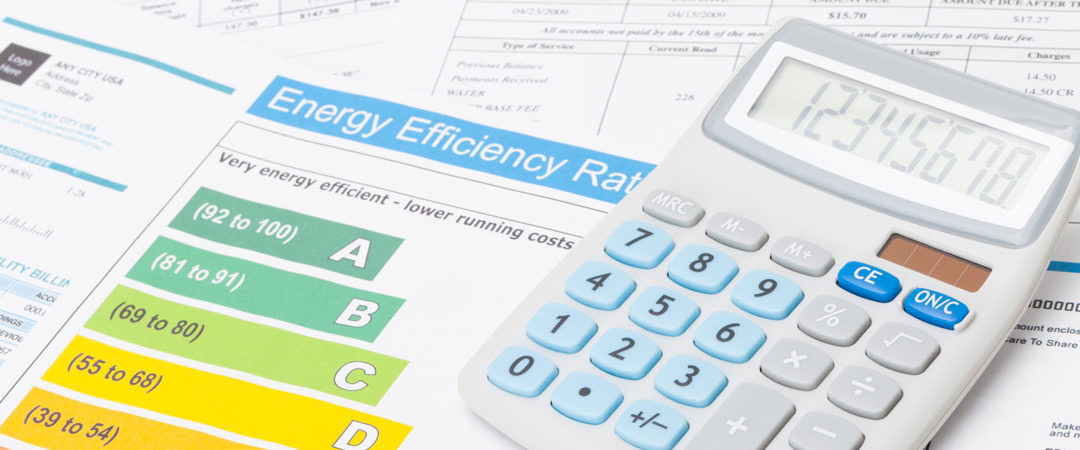Here is a Terrific article compliments of Home Care Buzz regarding “What You Need to Know About Home Energy Audits”.
Do you live in an older home? Have high energy bills? Maybe you struggle to keep some areas of your house at a comfortable temperature? Before you spend money on improvements to make your home more energy efficient, it might make sense to have a home energy audit. You wouldn’t buy car parts before your mechanic has diagnosed the problem, would you? So why would you buy new windows or an energy-efficient furnace before finding out if (and how much) those improvements would help reduce your energy bills.
What is a Home Energy Audit?
Think of a home energy audit as a comprehensive checkup to detect areas in your home where energy is being lost. The audit also provides ways to make your home could be more efficient. After you know the problem areas, you can then prioritize fixes. An energy audit typically includes:
- A review of your past utility bills
- A thorough examination of each room in your home, checking for air leaks, electrical or wiring hazards, ducting and venting issues, and excess moisture
- Checking heating system and water heater
- Specialized tests for detecting air leaks and more
DIY Energy Audits
If you are reasonably handy around the house, you may be able to perform a simple DIY energy audit yourself. Although not as comprehensive as a professional audit, you should be able to address some of the easier-to-fix problems, including:
- Obvious air leaks around windows and doors, along baseboards, and more
- Adequate insulation, especially in the attic
- Considering more efficient lighting
EnergyStar.gov also offers an online tool where you can assess your home’s energy efficiency and how it measures up to similar homes. You need your last 12 months of energy bills and it takes about 5 minutes. Some local utility companies also offer similar online assessments to help you understand your home’s energy usage and potential energy-saving changes.
Professional Energy Audits
If you’d prefer to hire a pro, some local utility companies and government agencies offer low- no-cost energy assessments. They also may be able to help you find a qualified local auditor.
In addition to a review of your past energy use and a thorough home inspection, Energy.gov recommends that a professional audit include:
- A calibrated blower door test – This type of test uses a special fan that fits in your doorway and is used to depressurize the house. This makes is easier to detect where air is leaking from a house.
- Thermographic inspections – Most home energy auditors use thermography to measure surface temperatures with infrared cameras. The images help the auditor determine where more insulation is needed. Thermographic inspections are often performed with a blower door test.
Making a Post-Audit Plan
If you get a professional audit, it should include an audit report with a list of recommendations for things to fix. After you determine where your home is losing energy, then you can make a plan. Some questions to consider include:
- Where are the greatest areas of energy loss?
- How long would it take your investments in energy efficiency to pay for themselves?
- What is your budget?
- Can you do the work yourself, or do you need a contractor?
Before you have any work done, check to see if there are state or local programs or rebates available.
And be sure to check out these resources for great tips on saving energy. Then share these ideas with your family. You could save money on your utility bills with a few small changes you make around the house.


